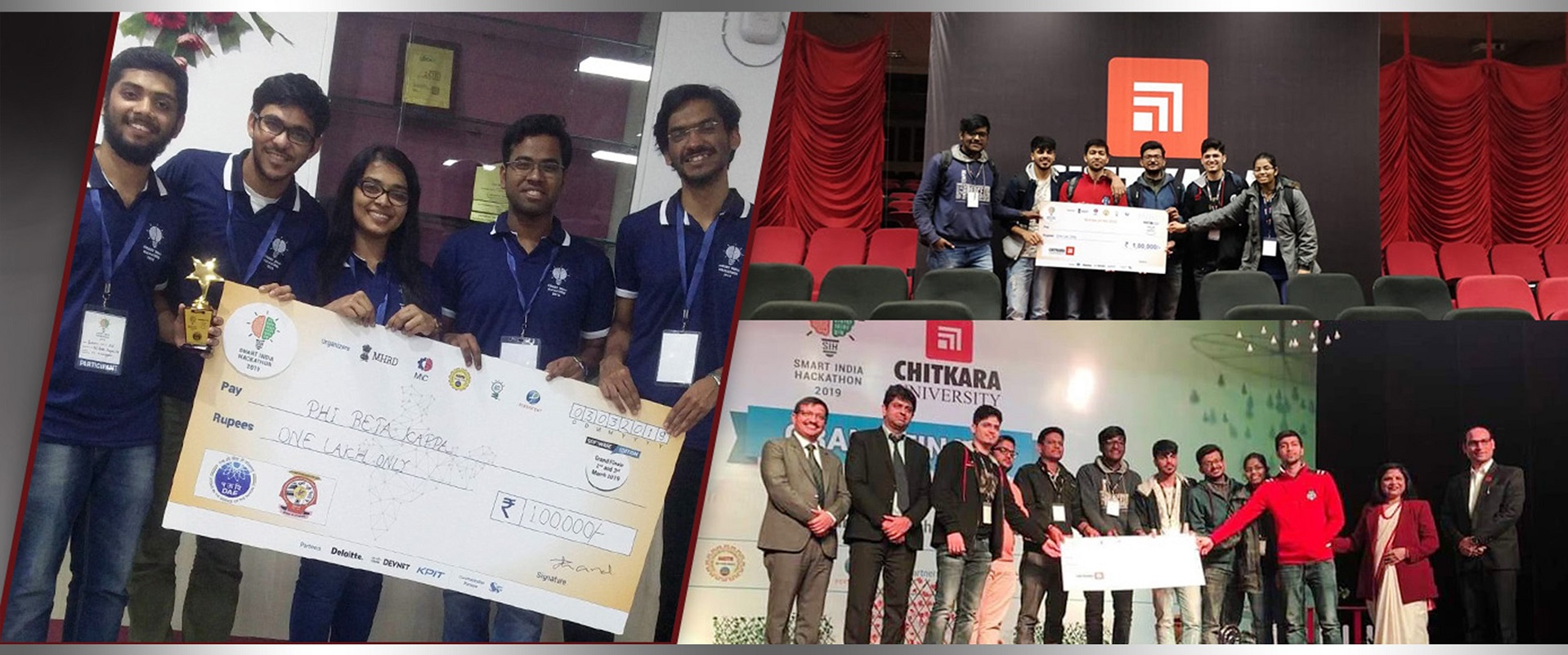
Smart Solutions for Smarter India
Times of India News18 India Today Business Standard Ei Samay Outlook Zee Business Students from IIT Kharagpur have devised unique solutions for smarter & safer industrial operations ranging from detecting counterfeit currency through a mobile app, to nuclear radiation tracking through wearable sensors, to VR based human resources training at a thermal power plant. Fake Currency Indian Notes (FCIN) have plagued the country for decades leading to not only economic losses for the country but also as the source of funds of various illegal activities even leading to breach of national security. The country has witnessed…

